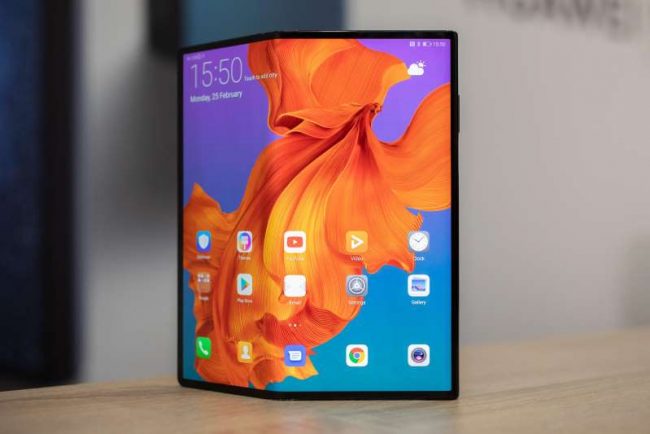The future of 5G on the iPhone is getting messy. Starting in 2016, Apple used chips from both Intel and Qualcomm to power its iPhone’s modem, connecting it to 4G cellular networks. But in 2018, the company switched entirely to Intel’s wireless chips for its $999 iPhone XS, $1,099 iPhone XS Max and $749 iPhone XR. And it’s believed the next iPhone will also use only Intel chips as well.
That’s led to speculation the iPhone won’t be able to offer new 5G wireless technology until at least 2020. In the meantime, Apple and Qualcomm are battling in court over patent licensing, with the latest trial scheduled for next week in San Diego. While that court battle continues, it’s unlikely Qualcomm will supply 5G chips for iPhones anytime soon.
While that drama plays out, the Chinese tech giant Huawei says it has a solution for Apple. The company said it’s “open” to selling its own 5G Balong 5000 chipsets to Apple, Engadget reported on Monday, citing an unnamed “source with knowledge of the situation.”
Huawei declined to comment. Apple didn’t immediately respond to requests for comment.
While Huawei may offer an alternative with its 5G modem, which is used in the Mate X phone, the company reportedly sells almost none of its wireless chips to other device makers because of national security concerns.
Lawmakers in Washington consider Huawei a security threat, in part because of its close link with the Chinese government. As a result, federal agencies are banned from using the company’s products. The US has also encouraged other countries not to use Huawei tech with their 5G networks. As a result, Huawei devices are hard to come by in the US, despite it being one of the top phone makers in the world.
For Apple, though, the lack of 5G wireless technology could be a liability. Every other major phone maker will have a 5G phone available by 2019.







